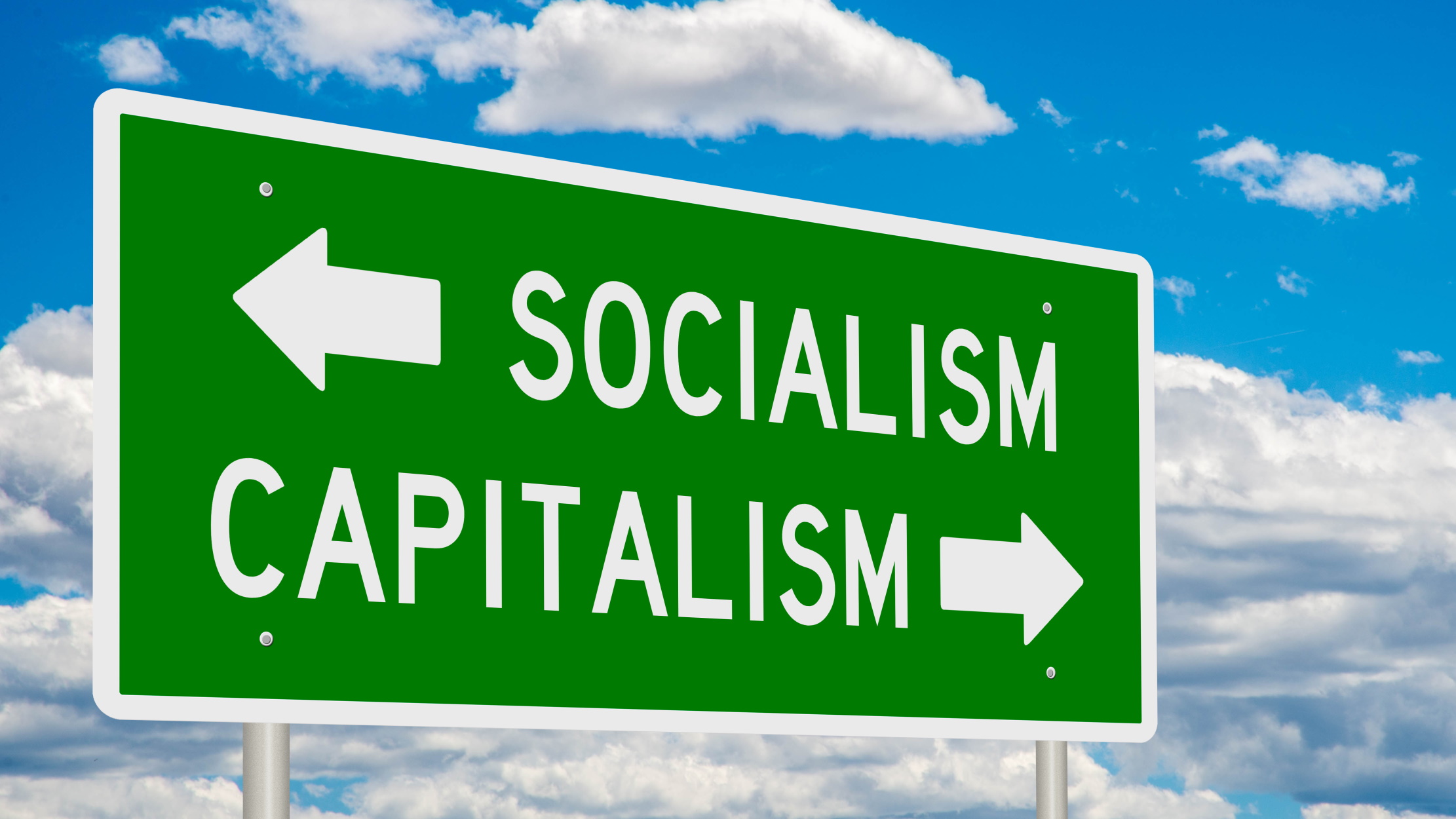Increasing Income Equality During Slow or No Economic Growth – Dr Tilman Hartley, Autonomous University of Barcelona
Original Article Reference
This SciPod is a summary of the paper ‘Policies for Equality Under Low or No Growth: A Model Inspired by Piketty’, from Review of Political Economy.
Share Episode
About this episode
When the incomes of wealthy individuals and companies grow faster than the economy itself, income inequality rises in society. However, industrialised economies such as the UK and Germany have experienced sustained declines in growth, and policies to promote economic growth often clash with environmental sustainability. Therefore, economists are attempting to find solutions for decreasing income inequality without the need to stimulate economic growth. In a recent paper, Dr Tilman Hartley at the Autonomous University of Barcelona and his collaborators outline policy interventions that can improve income equality during periods of slow or no growth.
This work is licensed under a Creative Commons Attribution 4.0 International License. 
What does this mean?
Share: You can copy and redistribute the material in any medium or format
Adapt: You can change, and build upon the material for any purpose, even commercially.
Credit: You must give appropriate credit, provide a link to the license, and indicate if changes were made.
More episodes
Professor John Willoughby – Christian Fignole | Challenging Traditional Economic Assumptions about Capitalism, Socialism and Enterprise Ownership
Research from Professor John Willoughby and Christian Fignole at American University in Washington DC examines how diverse ownership structures persist in market economies, challenging the assumption that capitalist ownership automatically emerges as the most efficient form. Using economist Henry Hansmann’s institutional framework, they argue that while capitalist owners contribute little to enterprise operations, this does not guarantee that worker ownership would become dominant in post-capitalist societies. Their analysis reveals that heterogeneous ownership forms will likely continue to exist due to the varying conditions that exist in different sectors of a market economy.
Dr. Andrey Kostyuk | How Mentoring Enables Startup Success Through A Social Exchange Process
Research from Dr. Andrey Kostyuk at the Grenoble Ecole de Management supervised by Prof. Martina Battisti, a Senior Fellow of Higher Education Academy, and Director of European Council for Small Business and Entrepreneurship, reveals that successful startup mentoring operates as a complex social exchange where both mentors and entrepreneurs must benefit for ventures to thrive. The findings advance the understanding of entrepreneurial mentoring and provide a blueprint for designing more effective mentoring programs that could accelerate sustainable startup growth worldwide.
Dr. Kishor Shrestha | Rethinking the costs of highway rest areas
Operating and maintaining highway rest areas across the United States has long posed a costly challenge for state transportation departments, especially amid tightening budgets and rising demand. In a new study, Dr. Kishor Shrestha, associate professor at Washington State University finds that one outsourcing method known as method-based contracting is significantly more cost-effective than its two main alternatives. The results offer transport officials a clearer path forward for running rest areas more efficiently, and could help to preventing costly, potentially dangerous closures in the future.
Professor Juliane Reinecke – Professor Jimmy Donaghey | How Deliberate Ambiguity Built One of the World’s Most Successful Worker Safety Initiatives
Research from Professor Juliane Reinecke at the University of Oxford and Professor Jimmy Donaghey at the University of South Australia reveals how strategic ambiguity in international agreements can paradoxically strengthen rather than weaken collective action. Their eight-year study of the Bangladesh Accord for Fire and Building Safety demonstrates how deliberately vague language that initially enables difficult negotiations can evolve into robust, expanding commitments that exceed original expectations.
Increase the impact of your research
• Good science communication helps people make informed decisions and motivates them to take appropriate and affirmative action.
• Good science communication encourages everyday people to be scientifically literate so that they can analyse the integrity and legitimacy of information.
• Good science communication encourages people into STEM-related fields of study and employment.
• Good public science communication fosters a community around research that includes both members of the public, policymakers and scientists.
• In a recent survey, 75% of people suggested they would prefer to listen to an interesting story than read it.

Step 1 Upload your science paper
Step 2 SciPod script written
Step 3 Voice audio recorded
Step 4 SciPod published




